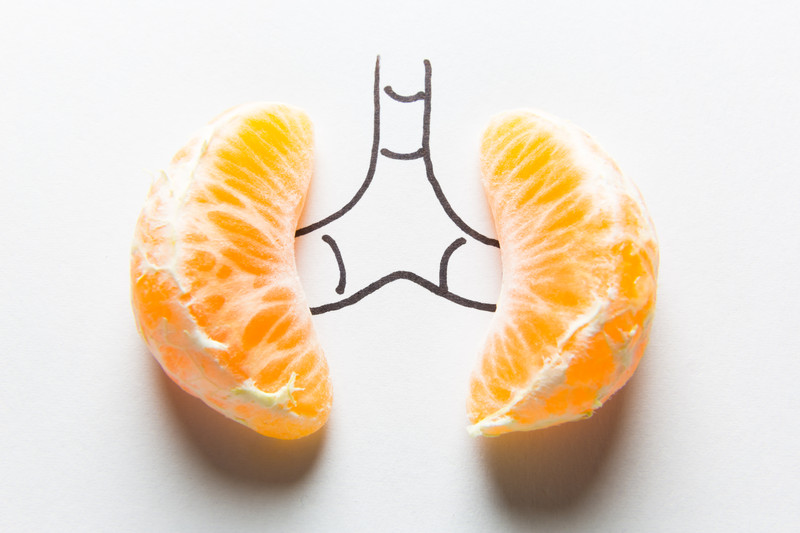How Senior Caregivers Can Help Your Loved One Manage Kidney Disease
Home Care Blog | March 14, 2018

Helping Seniors Manage Kidney Disease
How to Manage Kidney Disease | Kidney disease is very common among seniors. It can be caused by many different factors including aging, medications, or other health conditions that aren’t being managed properly like diabetes. One in 10 Canadians has kidney disease, although some of them may not know it.
The symptoms of kidney disease are often mistaken as the symptoms of other health problems. And because some of the symptoms of kidney disease mirror those of other health conditions, it can be difficult to identify when those symptoms are really serious. If you notice any of the following symptoms in your senior loved one, or if their senior caregivers do, encourage them to see a doctor to get checked for kidney disease.
Swollen Feet and Ankles
Swollen feet and ankles are extremely common in seniors. Edema, or swelling in the legs and feet, can be caused by medications, poor circulation, or many other conditions. Medication can also cause it, however; it can also be caused by kidney disease. Decreased kidney function can cause sodium retention, which may lead to swollen feet and ankles. Swollen feet and ankles can also be a symptom of chronic leg vein issues, heart disease, or liver disease. Regular exercise is the best way to reduce the swelling. Senior caregivers can help mom or dad who has edema get the exercise they need to reduce swelling and improve circulation.
Changes in Urination
Due to the fact that kidneys handle urine, changes in urination are often a sign of kidney disease. Some examples of these urination changes include urine with traces of blood, urine that comes out foamy or bubbly, overwhelming urges to urinate in the middle of the night, and difficulty attempting to urinate.
Weakness or Fatigue
When the kidneys begin to fail, a buildup of wastes or anemia which is a shortage of red blood cells can lead to feelings of weakness or fatigue. Home care services include professional assistance with mobility and fall prevention.
Constant Coldness
Anemia and kidney disease may make someone feel cold even when they are surrounded by warmth. In addition, pyelonephritis or kidney infection may lead to fever and chills.
Shortness of Breath
Additional fluid in the body which can build up in the lungs and anemia can lead to shortness of breath. Shortness of breath is often seen in the later stages of kidney disease.
Bad Taste in the Mouth
A consequence of waste buildup in the blood is a bad taste in the mouth. In some cases, a bad taste in the mouth is the result of medications used to treat kidney stones, high blood pressure, and arthritis. Comfort Keepers can assist your loved one with shopping for and preparing nutritious meals.
To determine if you or your older loved one has kidney disease, a doctor can perform basic screening tests. If kidney disease is found, a nephrologist can conduct an evaluation and recommend lifestyle changes or medications that can slow the progression of this condition.
Comfort Keepers® Calgary Can Help
At Comfort Keepers®, we create individual care plans for every client. These plans include wellness goals that consider physical, mental and emotional health. Our caregivers can help support physician-prescribed diet and exercise plans, provide medication reminders, provide transportation to appointments and help seniors engage in the activities they love the most. And, our caregivers can help senior stay connected with loved ones through video chats, phone calls and care updates. We believe that every senior should experience the best in life.
Contact the Comfort Keepers Calgary office to learn more about how we can help maintain safety, comfort, and happiness in the home.
Individualized Home Care Options
Long-Term Home Care, 24 Hour Home Care & Short Term Care Options Customized for You







